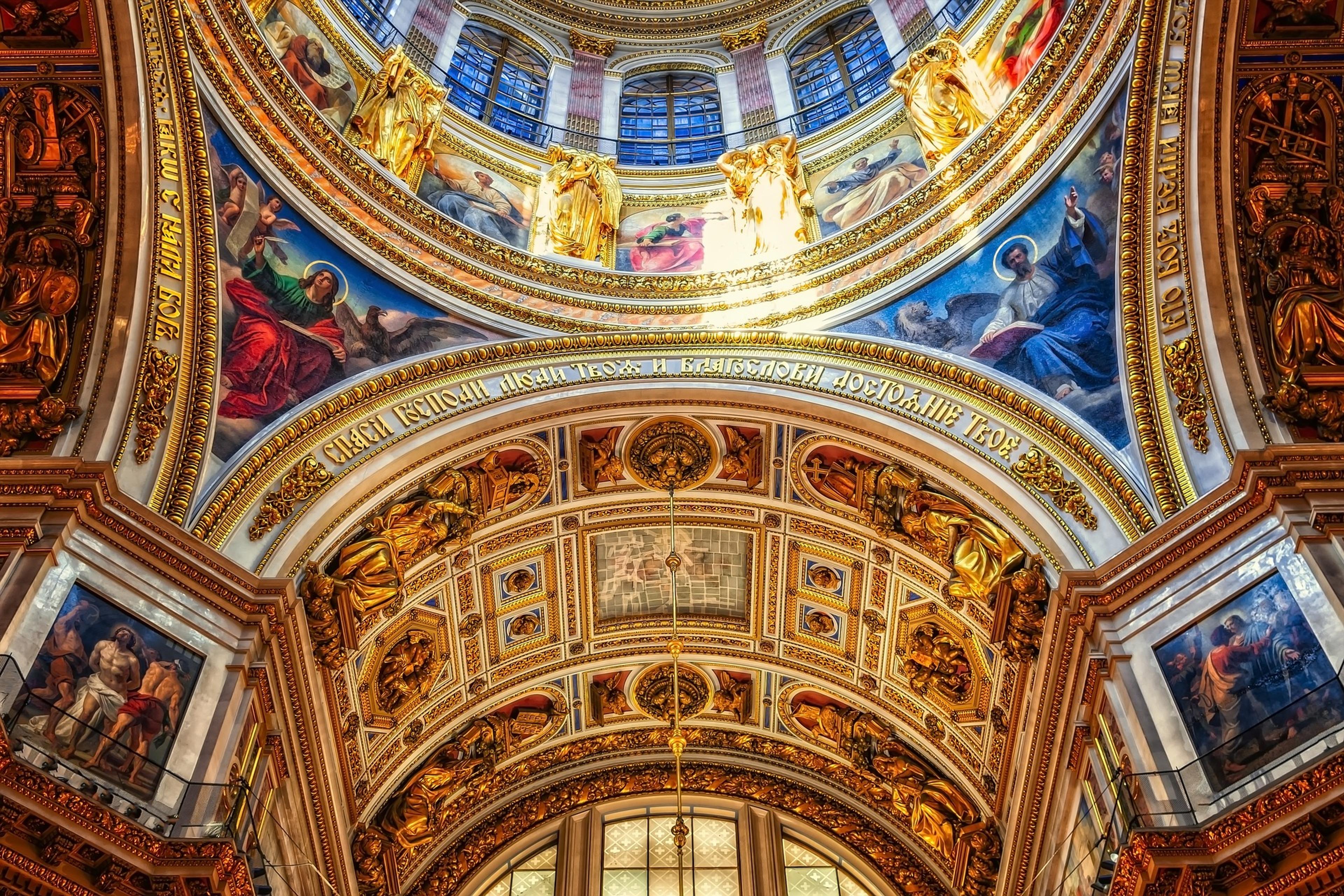
Taxation of works of art
Fiscal implications of tenure
Redacción CIM Tax & Legal
It is possible to optimise the tax implications of holding or transferring works of art, otherwise they can become economically significant.
In recent years, the tax administration has focused on works of art. It has established reporting obligations, mainly for auction houses, so that they provide data on the transactions of works of art that take place in order to control this market and detect non-compliance with the corresponding tax obligations.
Given the growing importance of this issue, we would like to give a brief outline of the tax implications for private individuals of holding, transferring and acquiring works of art.
Ownership of works of art:
Works of art are subject to Wealth Tax, so, in principle, their possession will have an annual tax cost that will be determined on the basis of their market value. However, certain works of art, due to their value, their cataloguing or their use, may be exempt from taxation. Therefore, in the case of holding works of art, it is very necessary to analyse whether they can be exempt from taxation in order not to be subject to this annual tax cost.
As an example, pictorial works, as a general rule, due to their value, may be exempt from tax if their market value is less than €90,151.82 and their age is less than 100 years old, or if they are 100 years old or more and their market value is less than €60,101.21. If the pictorial works exceed these values they are not exempt.
If they are not exempt due to their value, it should be analysed whether they could be exempt due to their cataloguing, i.e., certain works of art can or should be registered due to their characteristics in the general register of goods of cultural interest or in the general inventory of movable goods, when they can be considered as goods that form part of the Spanish historical heritage, or, in the case of goods that form part of the historical heritage of any of the Autonomous Communities, they should be registered in their corresponding registers according to their regulatory rules.
If they cannot be exempt either because of their value or their cataloguing, the possibility of transferring them in permanent deposit for a period of no less than three years to Museums or non-profit Cultural Institutions for public exhibition should be analysed, given that they would be exempt from the Tax while they are on deposit.
Transfer of works of art
But it is not only the ownership of a work of art that can be taxed, its transfer to a third party also generates tax implications that can be significant. In the event that a private individual wishes to transfer a work of art, a capital gain will be generated in his or her personal income tax return, which will be determined by the difference between the transfer value of the work of art and its acquisition value, which will be taxed at rates of between 19 and 23%, depending on the current regulations.
Acquisition of works of art
If the purchaser acquires the work of art for valuable consideration, given that it has been acquired from a private individual, he or she will have to pay the tax on the transfer of wealth for valuable consideration, a tax which has been ceded to the Autonomous Regions, which regulate the tax rate to be paid, the applicable rate in Catalonia being 5%. It should be borne in mind that the tax implications change for both the seller and the buyer in the event that the transfers are carried out between business people or professionals.
If the acquirer acquires the property free of charge, whether by inheritance or donation, he will be subject to Inheritance and Gift Tax, which is also devolved to the Autonomous Regions, and must pay tax in accordance with the applicable rules. However, very significant reductions are provided for in this tax if certain requirements are met.
Consequently, it is highly advisable to seek expert legal advice when owning, acquiring or transferring works of art, as this not only entails tax obligations that must be fulfilled and may be economically significant, but also complex administrative implications, especially when, for example, a work of art with transnational components is to be sold (export of the work of art abroad for transfer...).
It is therefore highly advisable to seek expert legal advice when owning, acquiring or transferring works of art, as they not only entail tax obligations that must be fulfilled and which can be economically significant, but also complex administrative implications, even more so when, for example, one intends to sell a work of art with transnational components (export of the work of art abroad for transfer...).